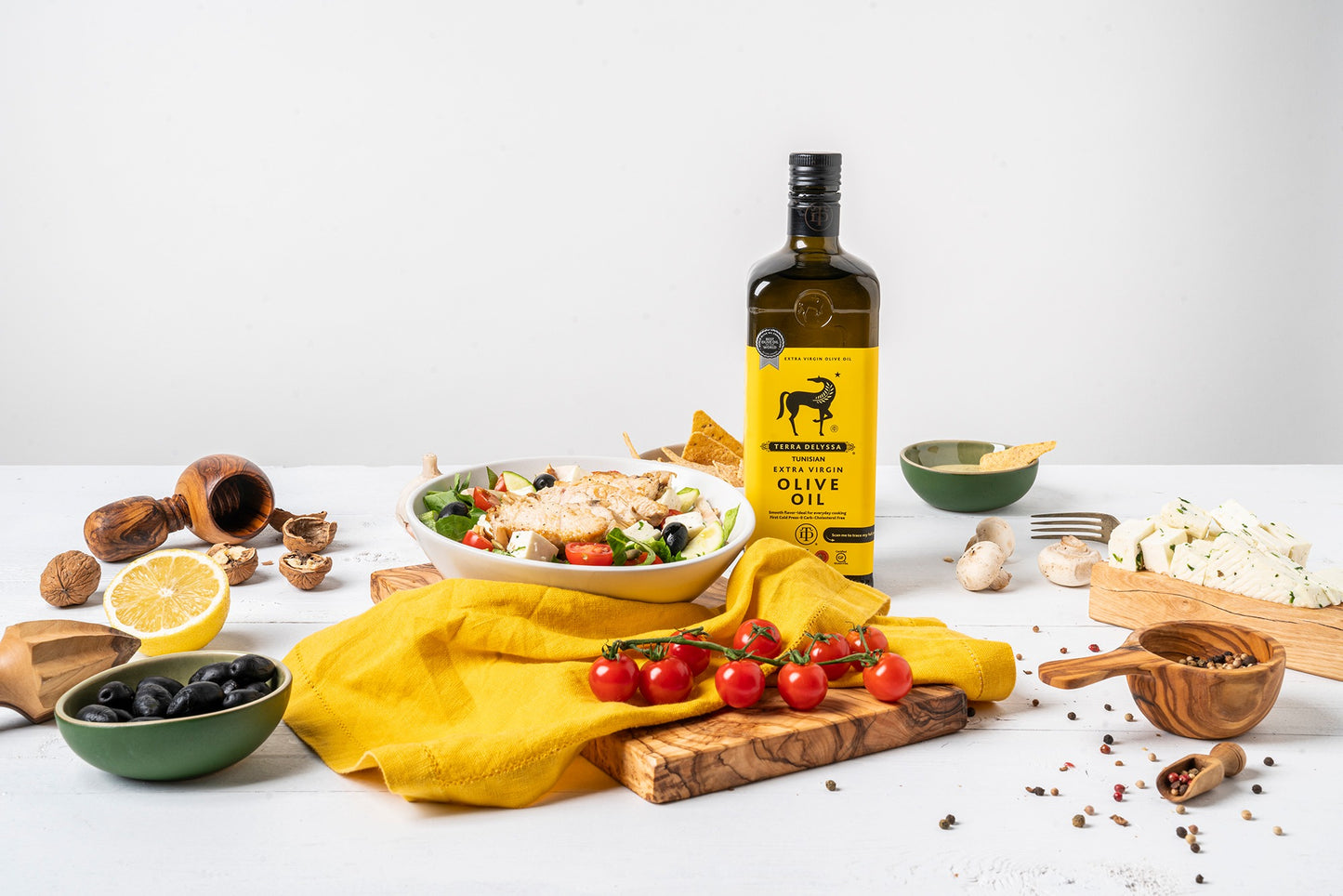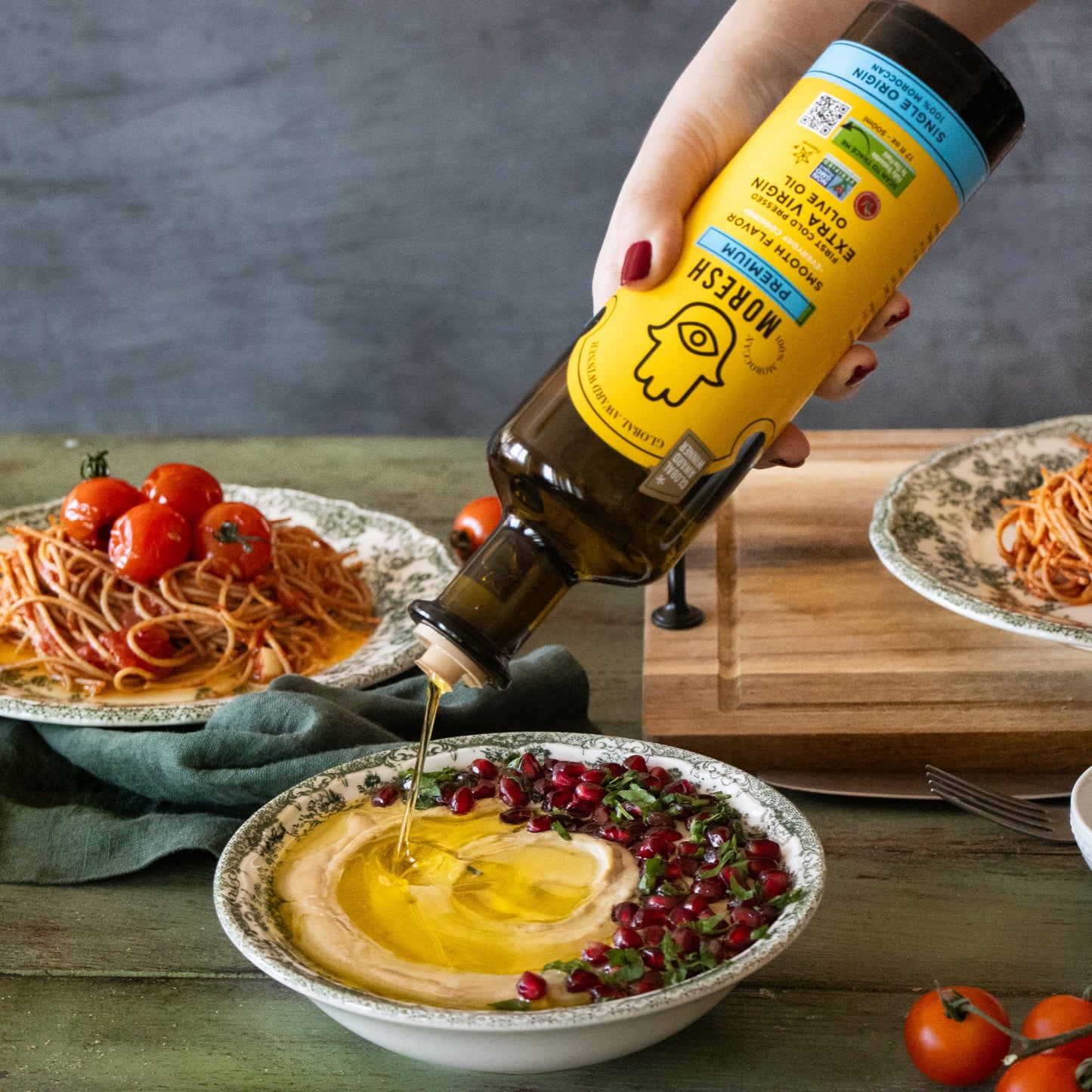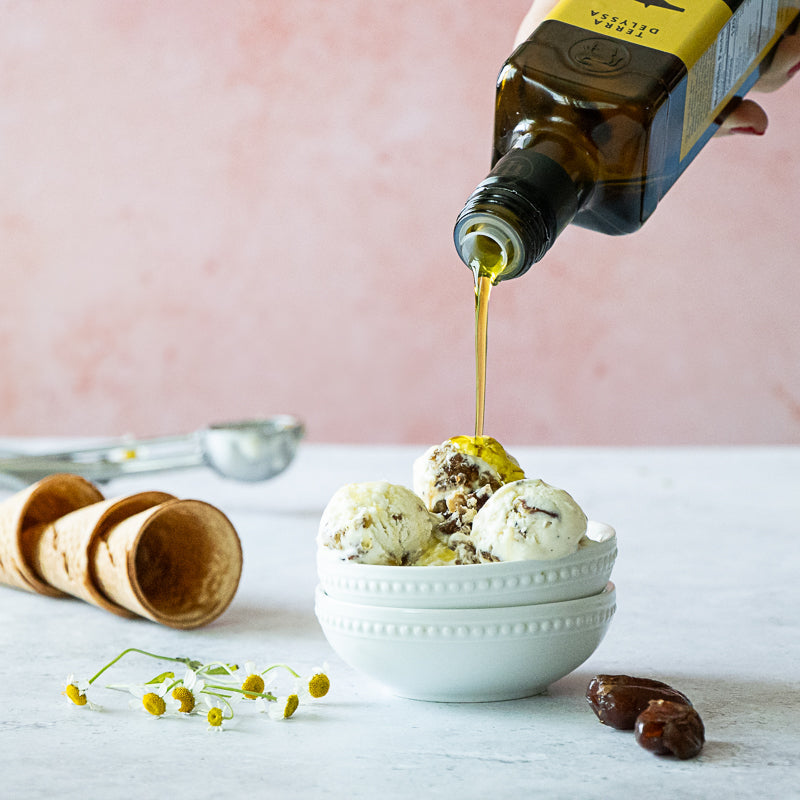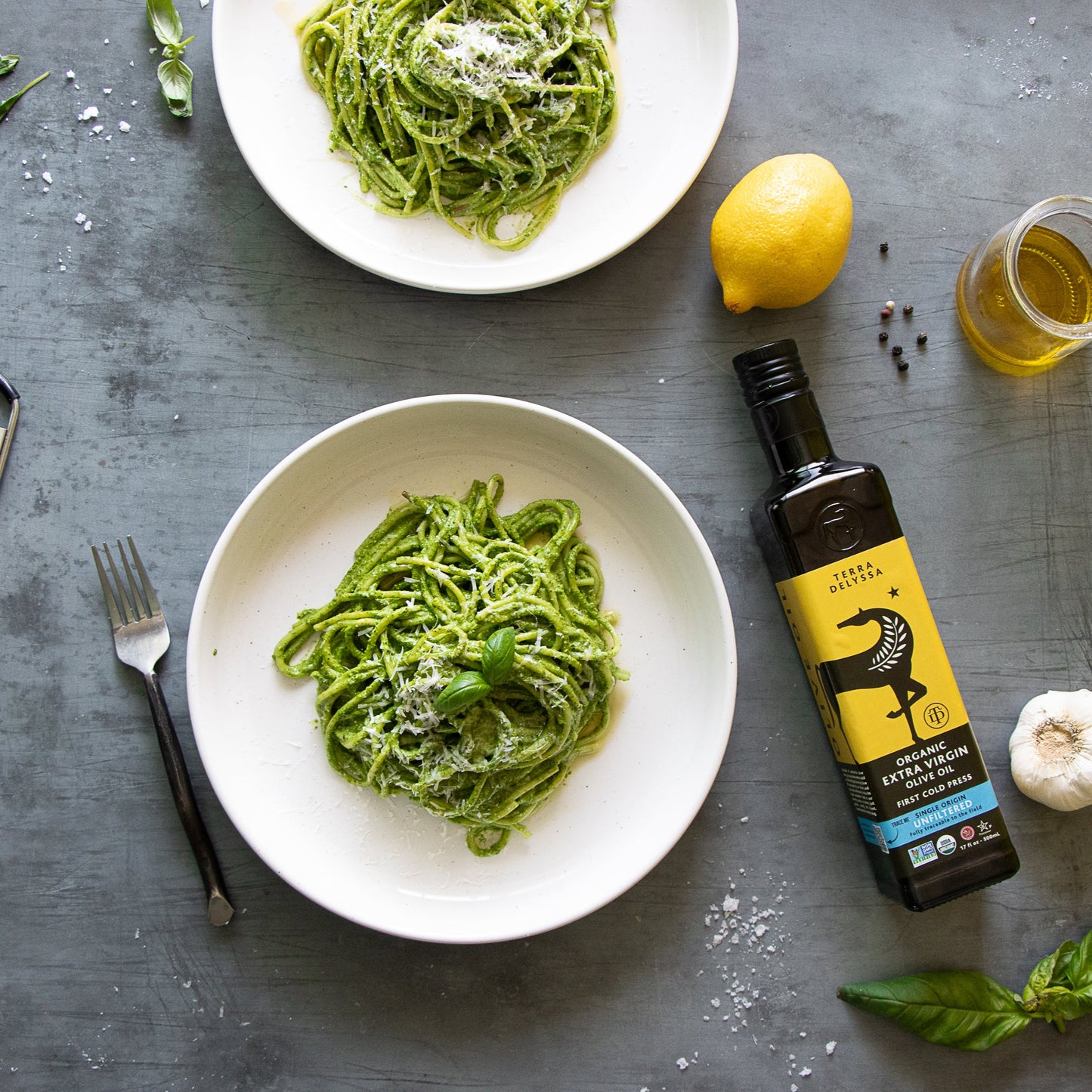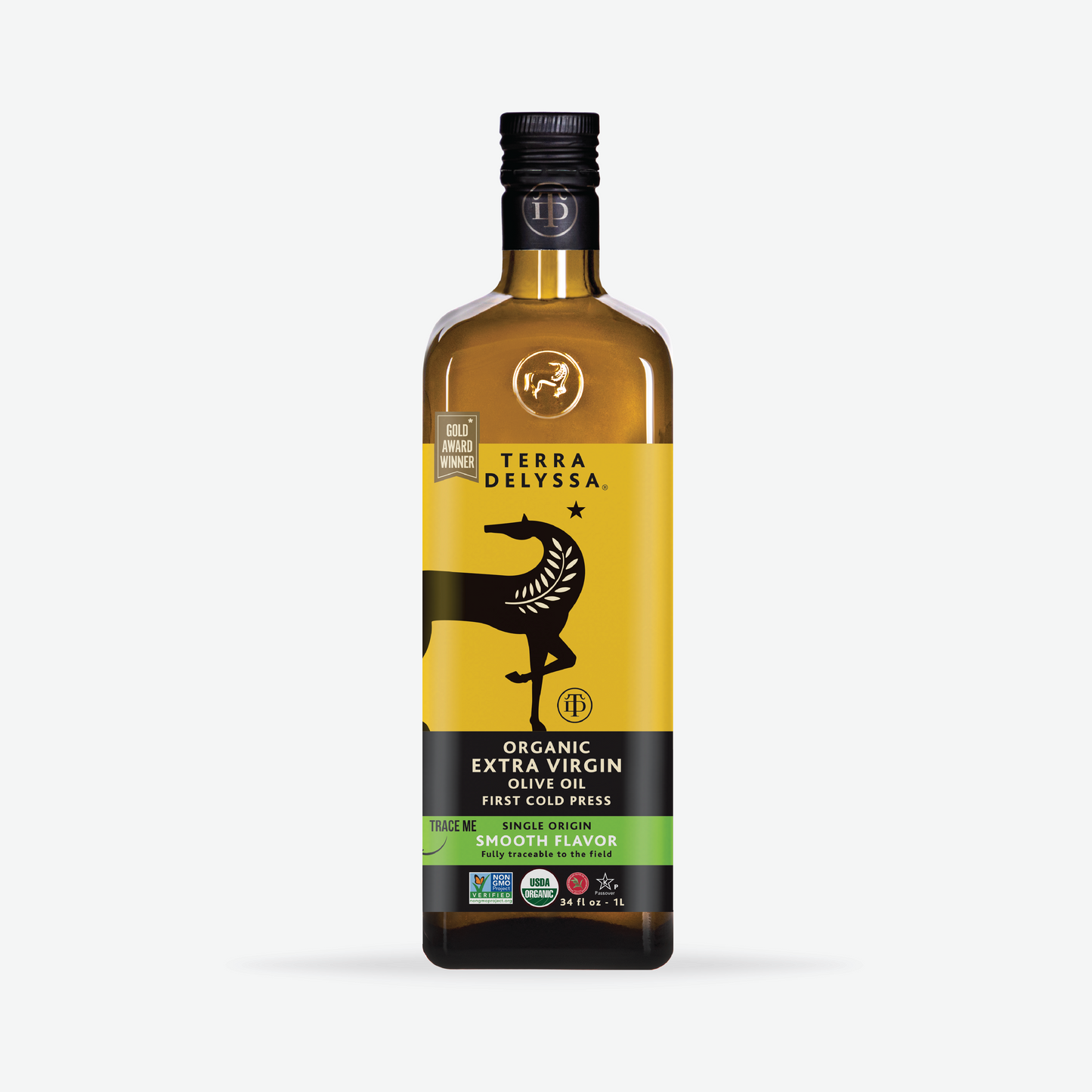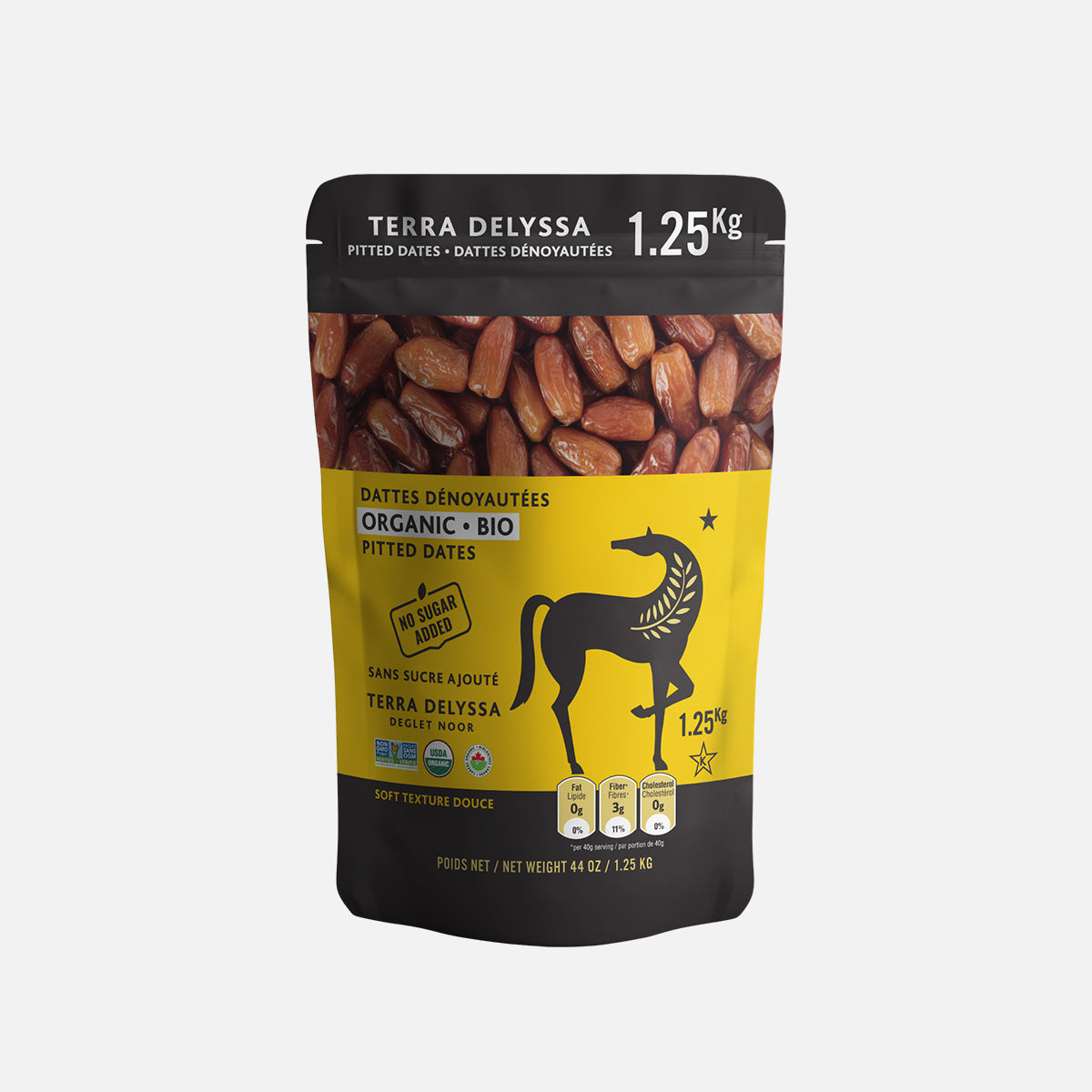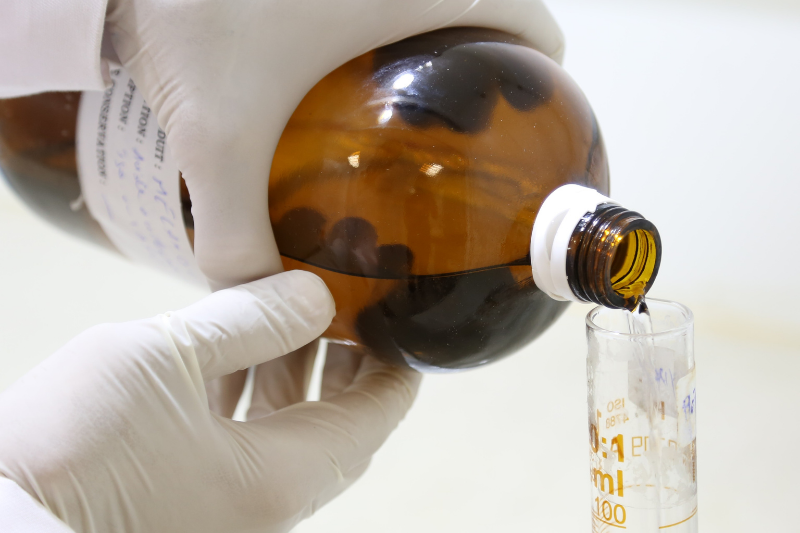
When we think of olive oil, we might think of healthful, earthy ingredients that make Mediterranean cuisine so popular. What many people don't know is that the production of this culinary staple can include exposure to pesticides. In this blog post, we'll take a closer look at what pesticide residue is, how it's controlled in our olive oil production and why you should choose our extra virgin olive oils.
What is pesticide residue and how is it controlled in our olive oil production
Pesticide residue is a common problem in foods. It's a type of contamination that can occur when pesticides are used to treat crops. While the use of pesticides is necessary to protect crops from pests and disease, improper use can result in residues on the food itself. This can be harmful to our health, so it's important that pesticide residues are controlled during production.
Olive trees are thought to be naturally hardy and resistant to pests and therefore, require little to no pesticides or chemical fertilizers. However, olive trees can be prone to blight and other pests and bugs such as the olive fly. In such cases, farmers might use a form of pesticide to protect their olive trees.
CHO Group is one of the very few, if not the only, olive oil producers in the world with a full pesticide analysis laboratory on-site, working to detect and eliminate any possible cross-contamination or traces of pesticides in Terra Delyssa olive oil.
This testing was added to CHO Laboratory (LAHAL), accredited by the International Olive Council, in 2019 to reinforce our commitment to offering our consumers pesticide-free Extra Virgin Olive Oil.
We are proud that our laboratory ranks the first in Africa for pesticide molecules analysis. Since 2020, the lab analyzed 6,000 samples.
How does our olive agriculture practice reduce the use of pesticides?
Our Terra Delyssa orchards are strategically planted under 320 days of sun. This sustainable agriculture practice of spacing out olive trees reduces the risks of insects and infestations and eliminates the need for our farmers to use harmful chemicals on the trees. Furthermore, the trees depend mainly on rainfall for water. When the trees are spaced out, the roots grow deeper in search of water making them stronger and more resistant to external factors.

The benefits of testing for pesticide residues
Consumers today want to know they’re getting the best quality product possible, one way to ensure the quality of your olive oil is to test for pesticide residues.
The pesticide testing and analysis we do in our accredited laboratory reflects our commitment to quality and consumer safety.
When you choose any of our extra virgin olive oil, have the peace of mind that it’s an all-natural product and pesticide-free.
← Older post Newer post →
